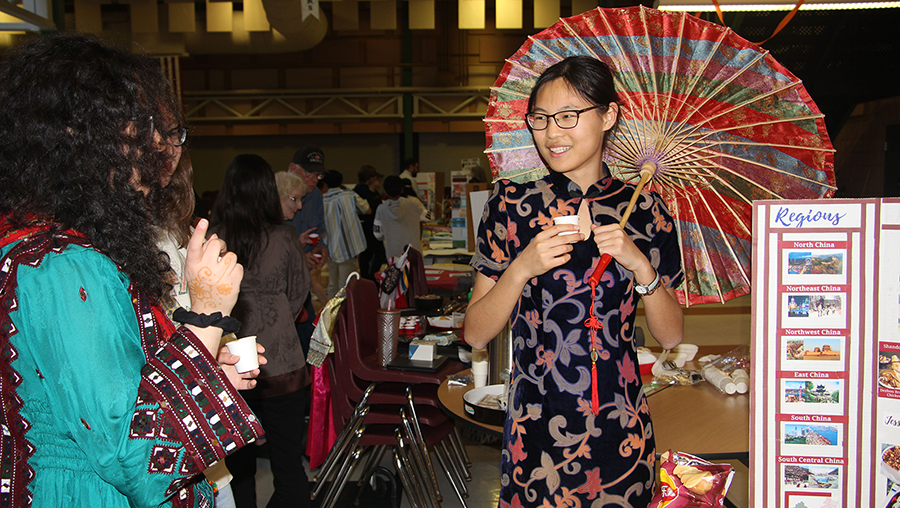Growing up in a conservative Catholic home had a big influence on junior Will Moore’s (he/him) political beliefs. He spent nine years at a Catholic school and said it was an environment that enforced the conservative side of issues, such as being pro-life, a belief taught by his teachers. Though Moore disagrees with his former school on that particular issue, he did say that going to Catholic school influenced his current political beliefs.
The family institution also has an significant impact on the political affiliation of children as they mature into adulthood, according to a report published in the Journal of Psycho-educational Sciences. In the Inglemoor community, only 9% of students consider themselves Republican or Republican-leaning in their political affiliation. Within that group, 75% said that their family has been the largest influence on their political beliefs, according to a Nordic News survey of 173 students. Moore said his father and his family in Oregon influenced his Republican beliefs.
“I have quite a bit of a family that lives in Central Oregon, and they’re ranchers. And so economically, I guess it makes most sense for them to be kind of Republican just because they are the working class. They support themselves and [think] that every dollar they make should be going to them and should not be taxed. So, I guess that’s kind of influenced my opinions, too,” Moore said.
Location can play a significant role in shaping political opinion, especially for teenagers, according to an independent study published in the Plos One Scientific Journal and referenced in the National Library of Medicine. Senior Baldo Ochoa (he/him) grew up in Kansas, where 44% of adults identify as Republican, which is the largest political party in Kansas according to the Kansas Secretary of State’s website. Ochoa said that, like many kids who identify as Democrats here in Washington, becoming Republican in Kansas was simply a product of his environment. However, after Ochoa moved to Washington in his sophomore year and made new friends while growing closer to his father — an immigrant from Mexico — his political affiliations began to change.
“I would say before, I was very passionate about being a Republican, but now, the more time I spend here in Washington and the stronger my relationship gets with my Mexican culture — I would say I don’t really have a side,” Ochoa said.
Due to their position as the political minority at Inglemoor, Republican students can feel underrepresented and sometimes even unheard in their classes, Ochoa said. He said that certain classes can lean Democrat in their curriculum, and due to the overwhelming Democratic presence at Inglemoor, debates or conversations in class can feel like a losing battle — a feeling that sometimes extends into daily school life.
“I feel it’s weird because I don’t really feel like I have a voice — sometimes you feel that way,” Ochoa said. “And then sometimes when you converse with other students on certain topics, you sort of have to hold back, just because you’re not sure the way they’ll take it, right?
Because no one wants to be outcasted, which is why I feel that I really hold back sometimes during conversation.”
Studies from the Pew Research Center show an increasing divide between Republican and Democrat beliefs, as well as a decrease in ideological overlap between the two parties. There is less that unites them as Americans and more that separates them as political rivals.
Joanna Walker (she/her), an IB English teacher, said a curriculum — not necessarily at Inglemoor — that leans to one political side of the spectrum can negatively impact a student who identifies on the opposite side of the spectrum. Walker also said the political environment
at Inglemoor has changed for both Democrats and Republicans since she first started teaching here.
“When I first started teaching 17 years ago, 18 years ago at Inglemoor, there wasn’t that sort of self censorship — but I’ve noticed that students are a little bit more — they hold their cards tight. And they’re a little less quick to share what they might think might be sensitive topics or sensitive thinking or sensitive issues.”
The American Psychological Association describes highly structured inter-group discussion as the best way of reducing this divide. Both Moore and Ochoa encourage open discussions, regardless of political affiliation.
“I would say that unless you have a conversation with someone, then you won’t really understand their views, right?” Ochoa said. “Because there’s different kinds of Democrats, different kinds of Republicans. There’s not just one kind. There are people who are extremely far right, extremely far left. But unless you converse with someone, then you won’t know their views.”
This story was originally published on Nordic News on May 1, 2024.

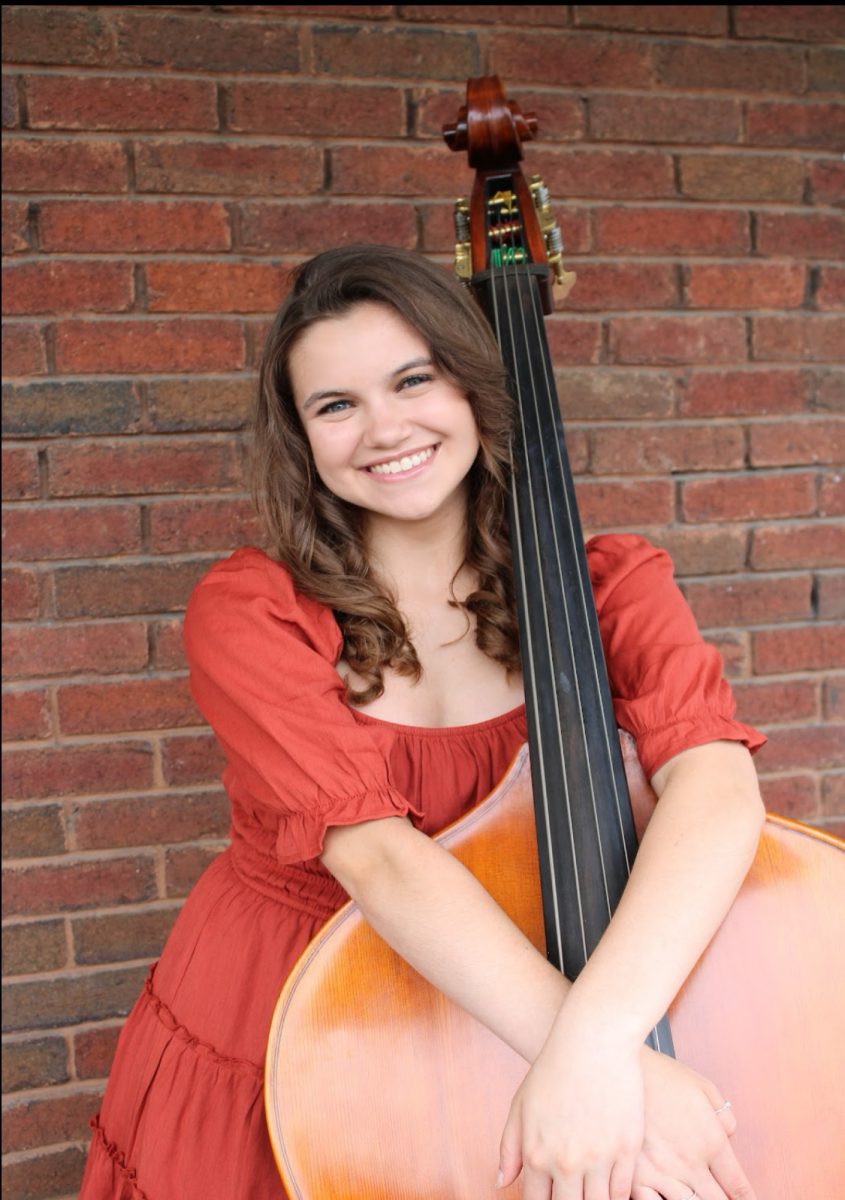
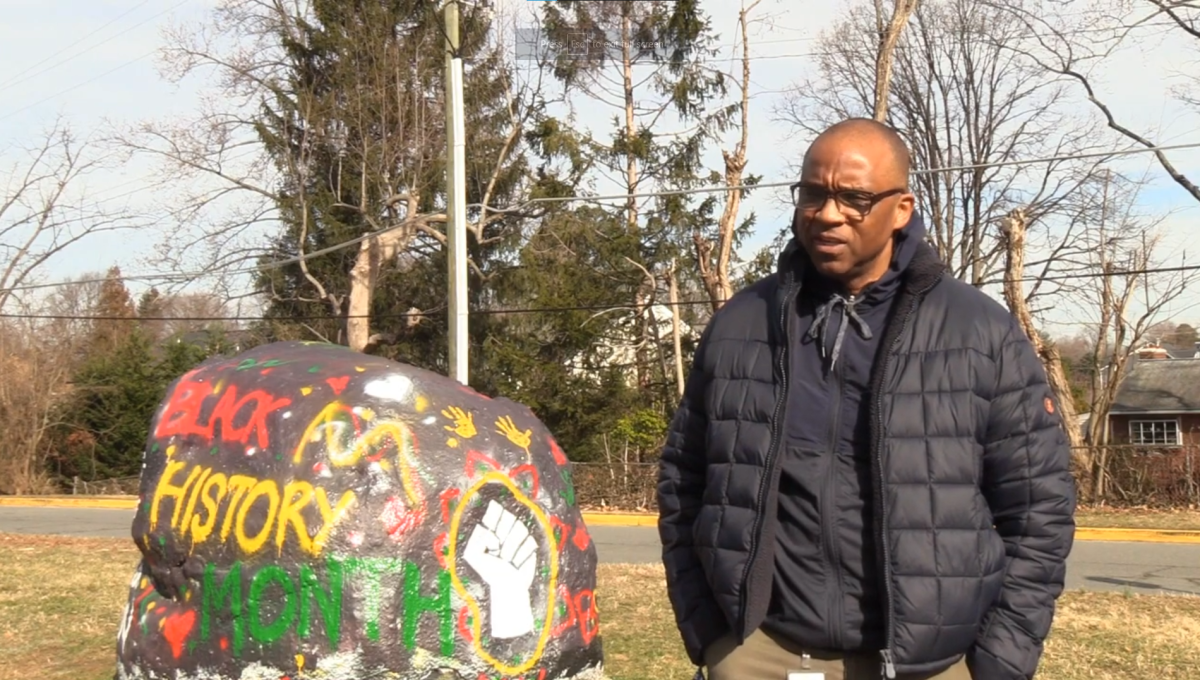
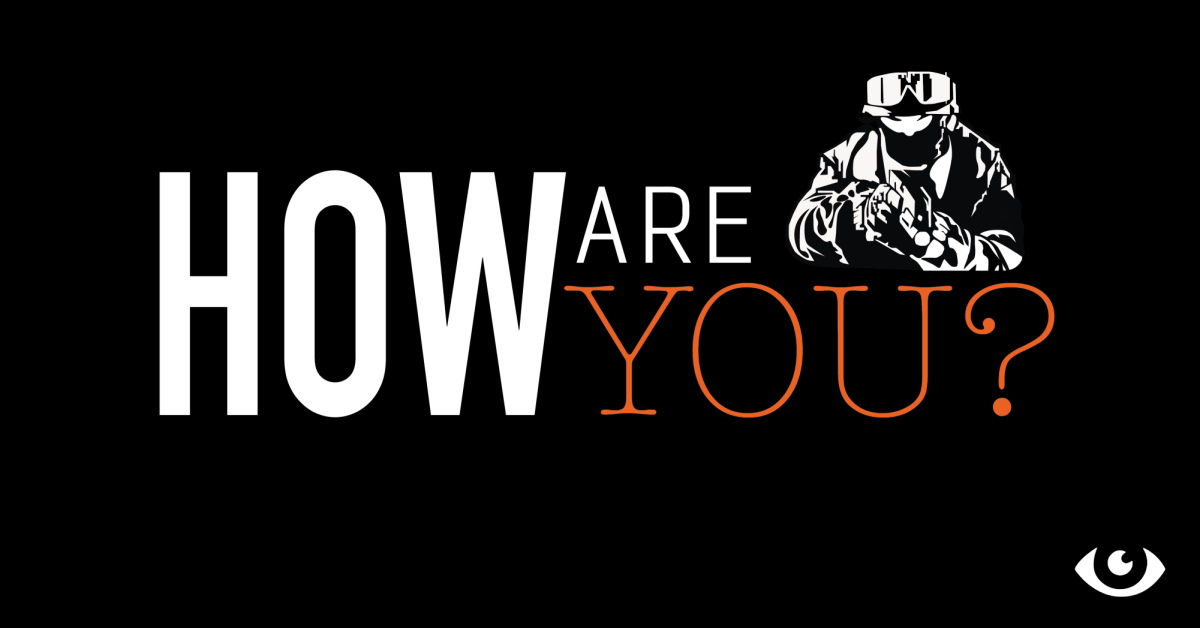

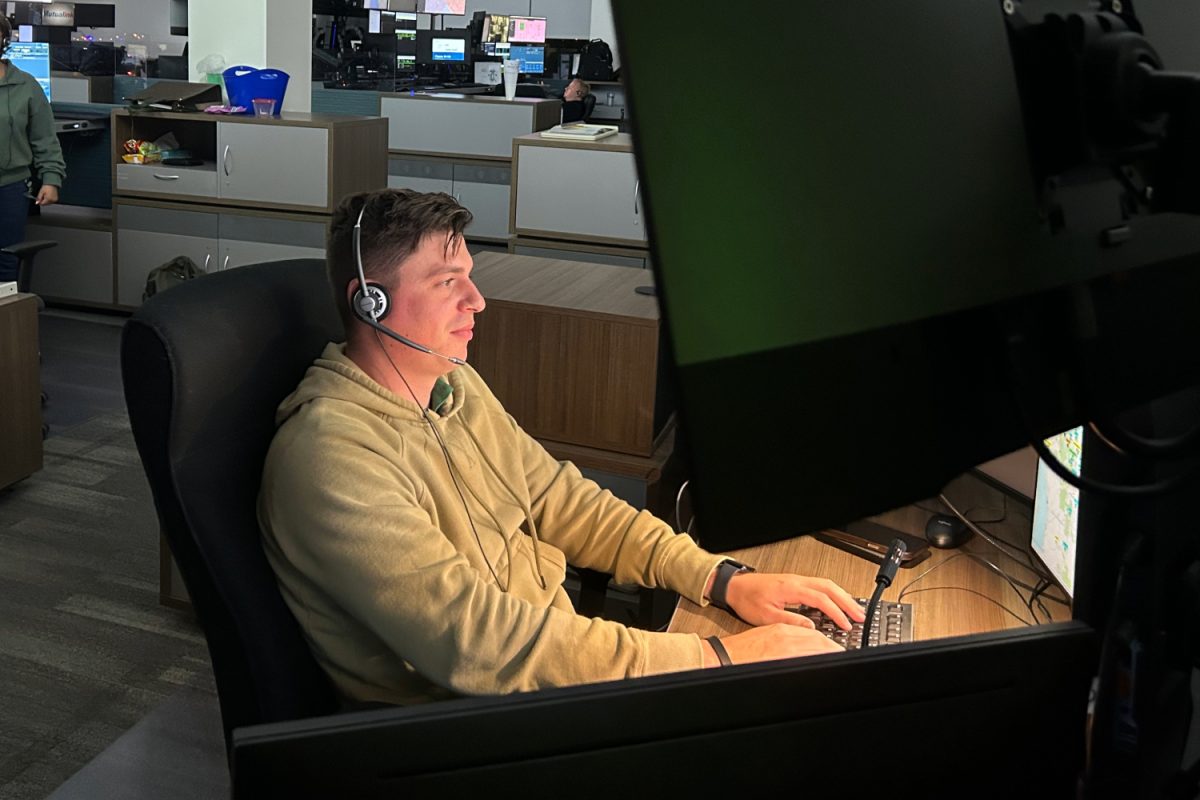
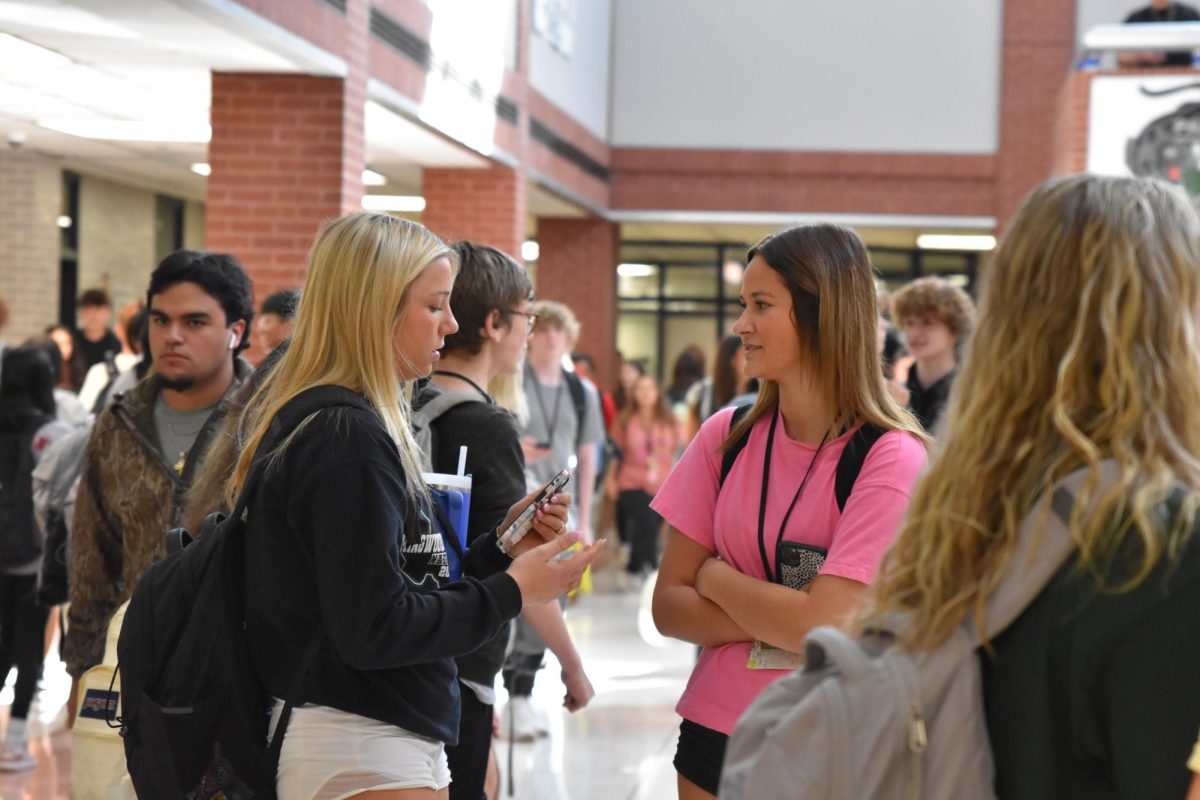
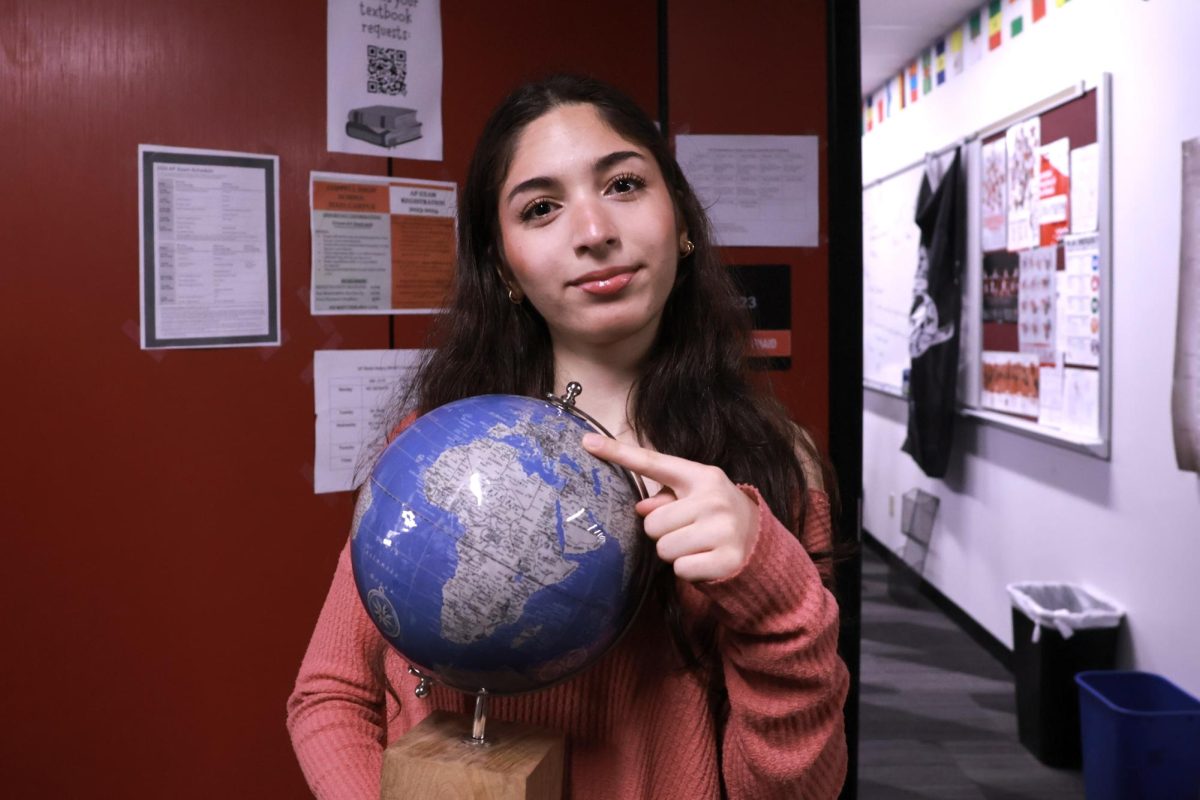
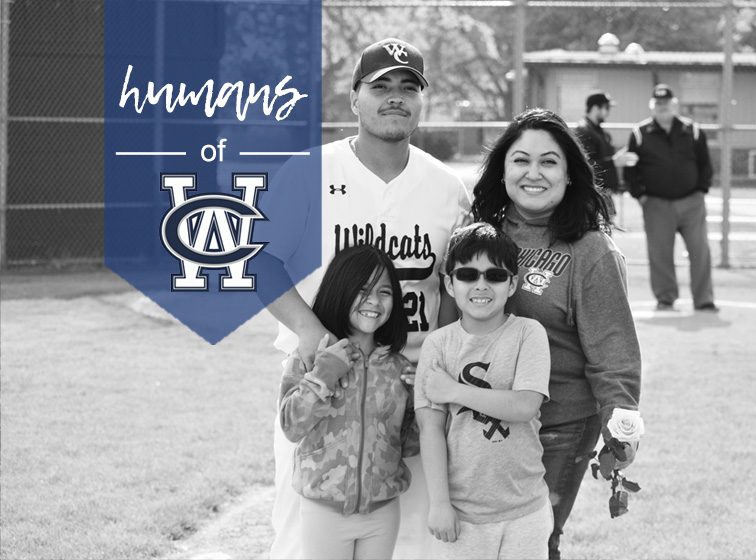
![Junior Aneesh Patil displays photos of his family on a vacation in Chicago. His family reunited in the U.S. after being apart from his father for a year. “I didnt want to come to U.S. at the beginning [but my sons] were missing their dad,” his mother Anu said. “That was the reason I had to move here.](https://bestofsno.com/wp-content/uploads/2024/05/Hsiao_20240308_IDMag_AneeshPatil_23-1200x799.jpg)
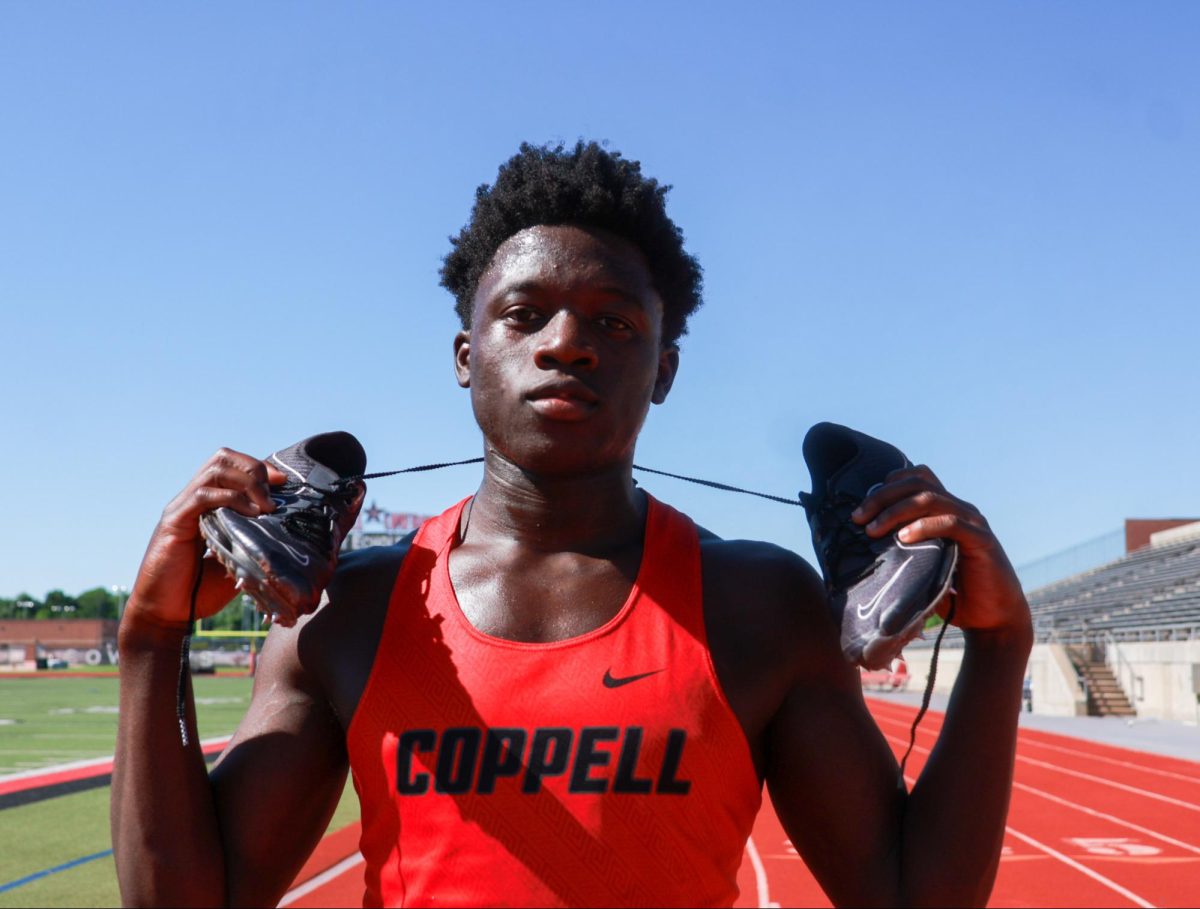
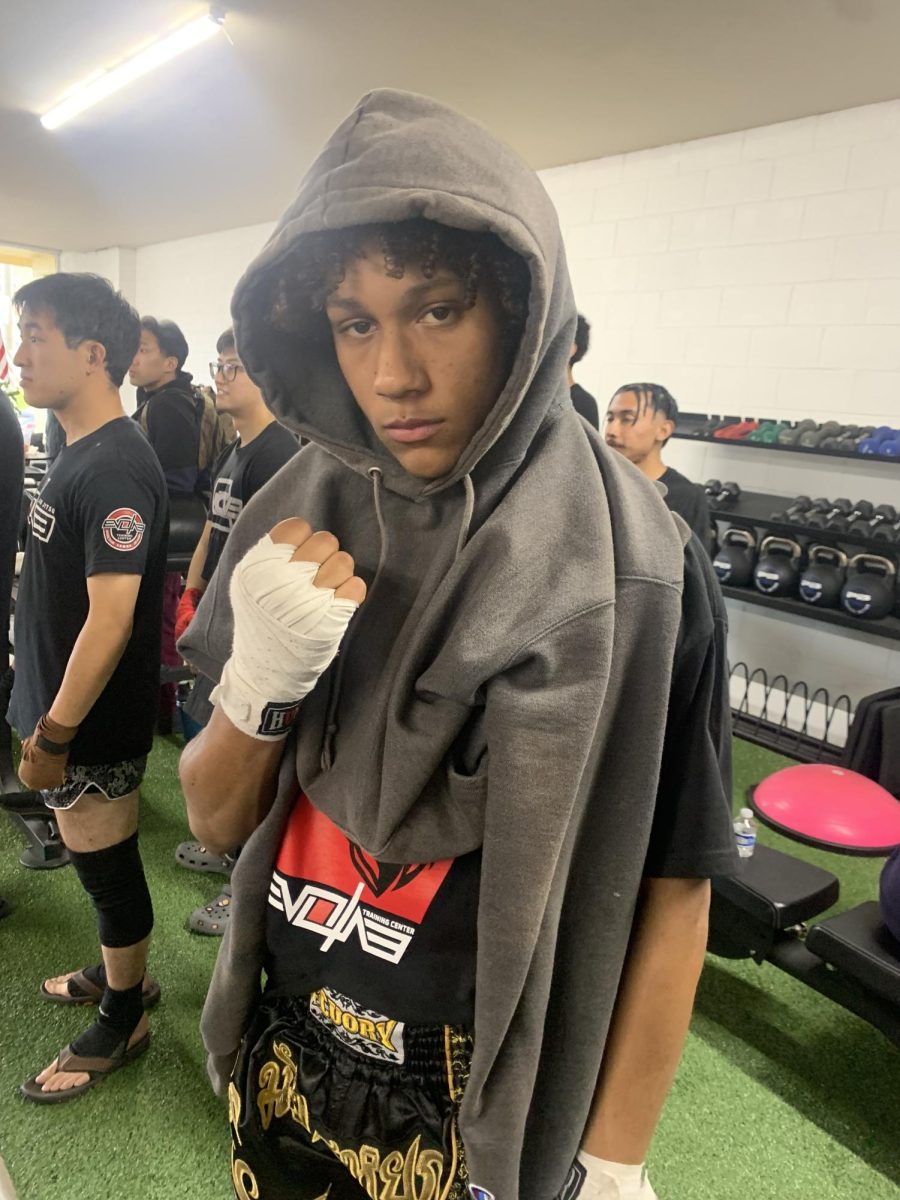
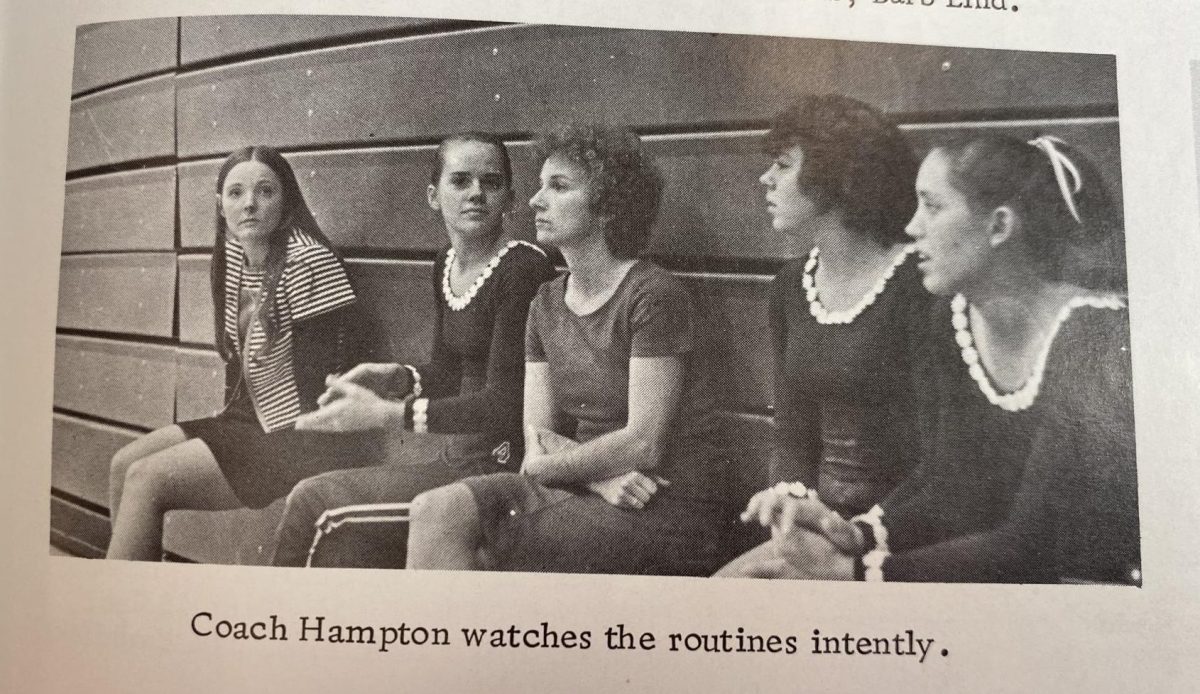
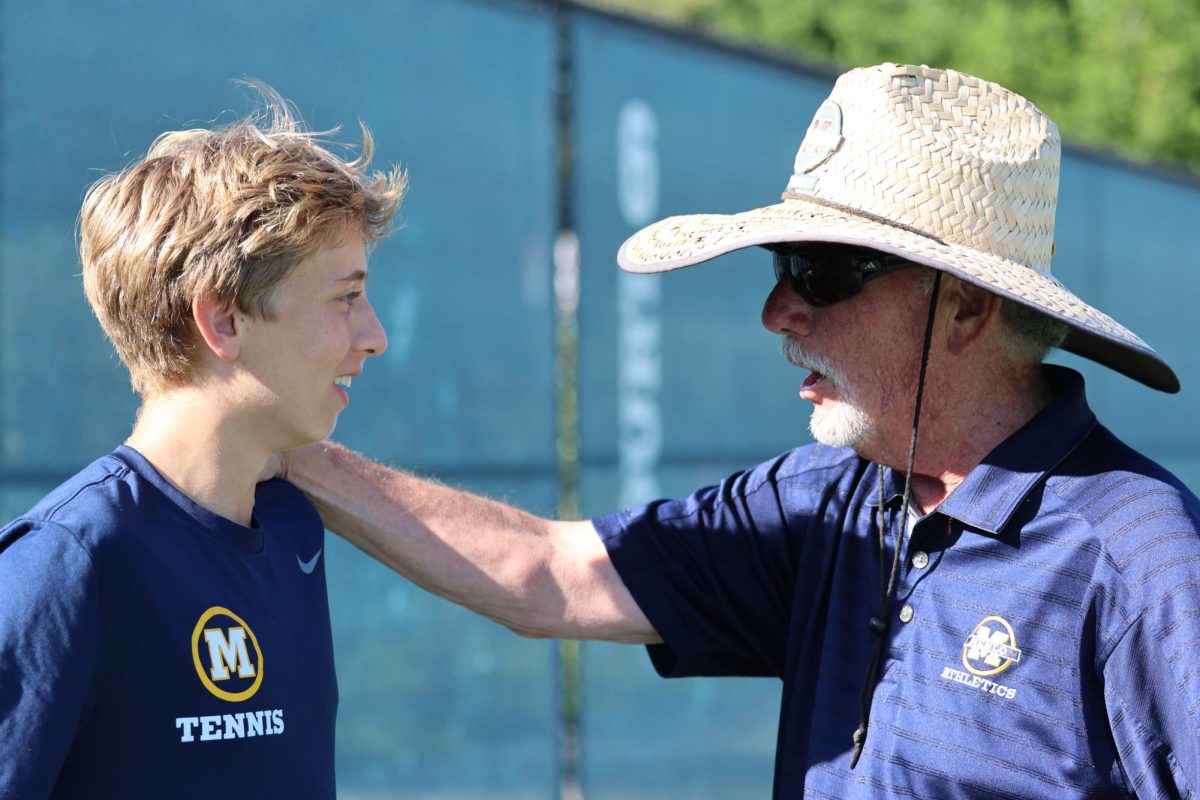
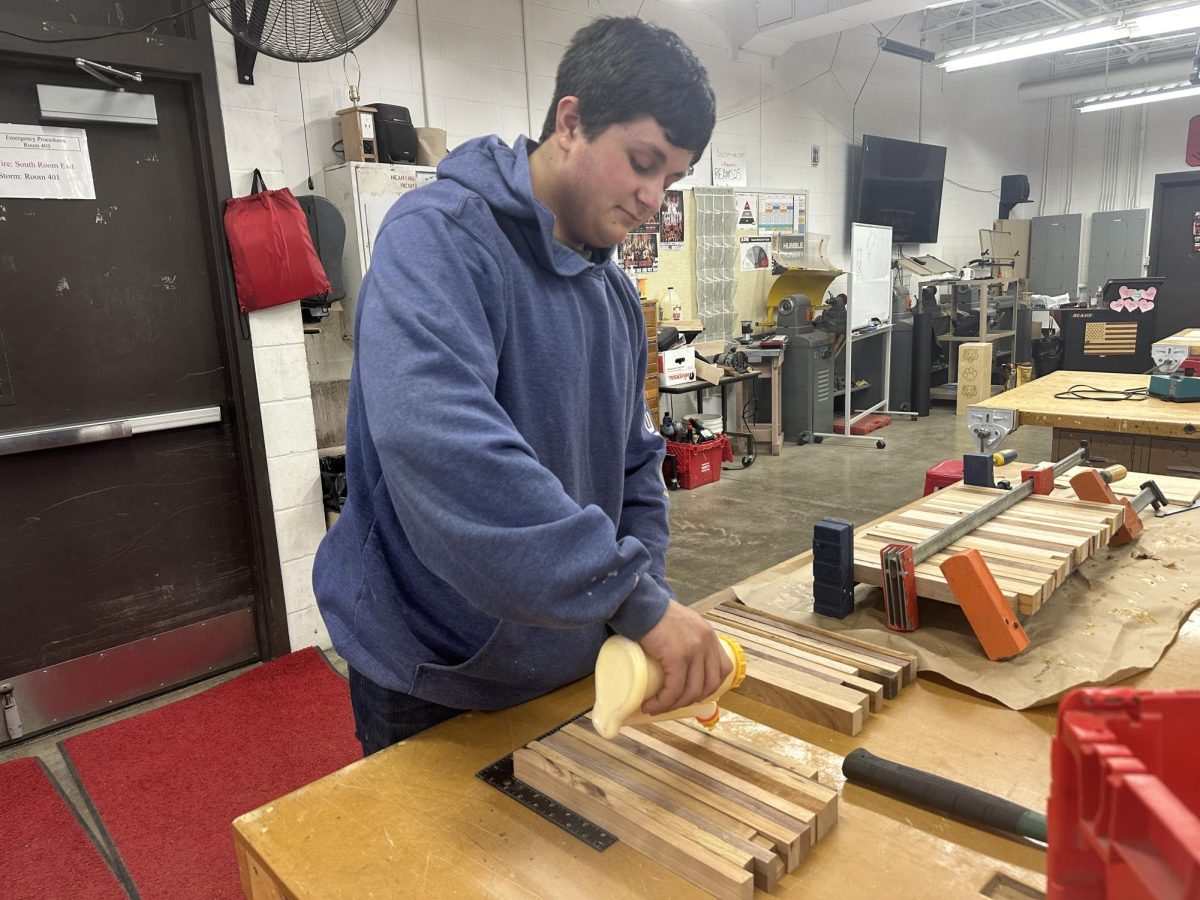
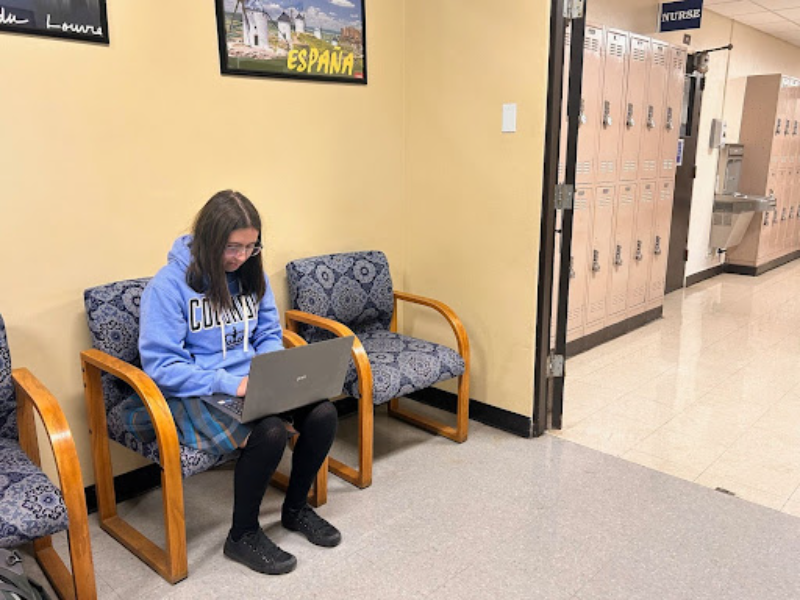
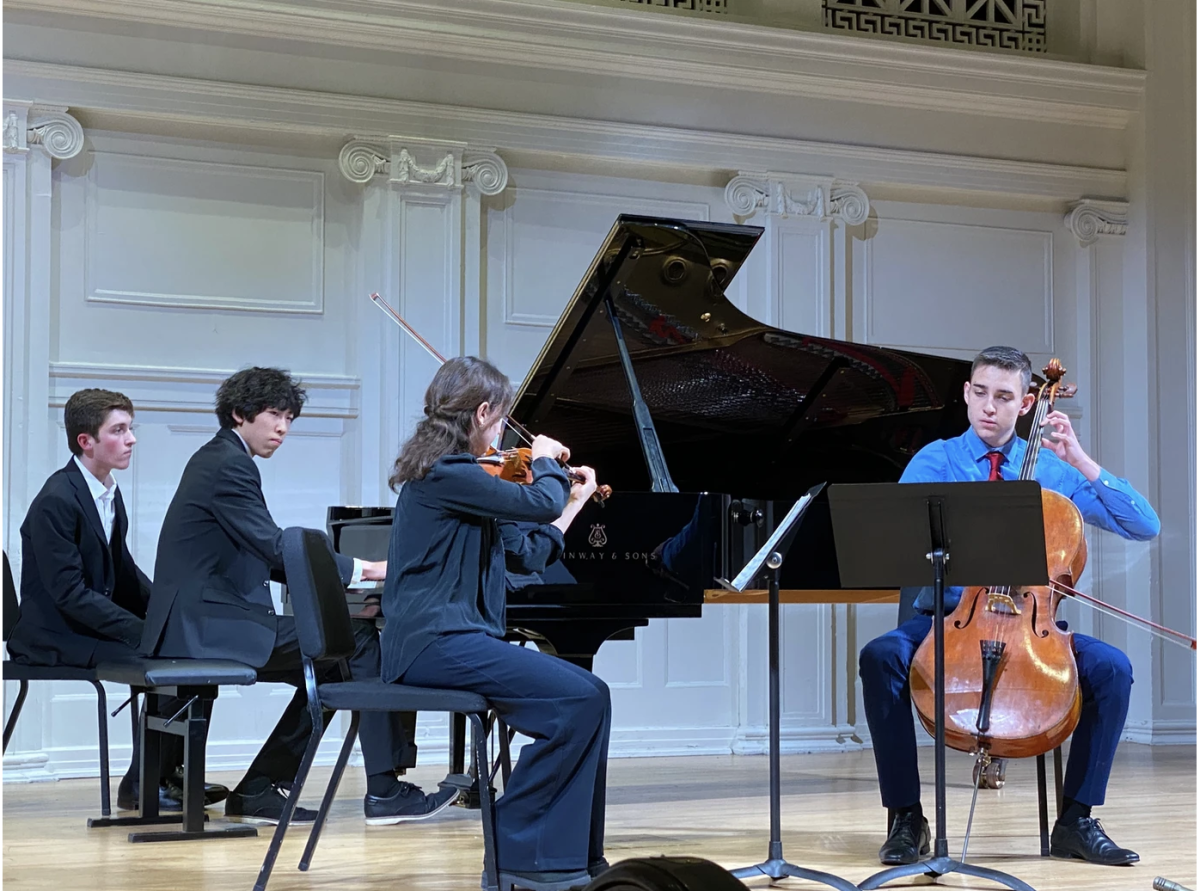

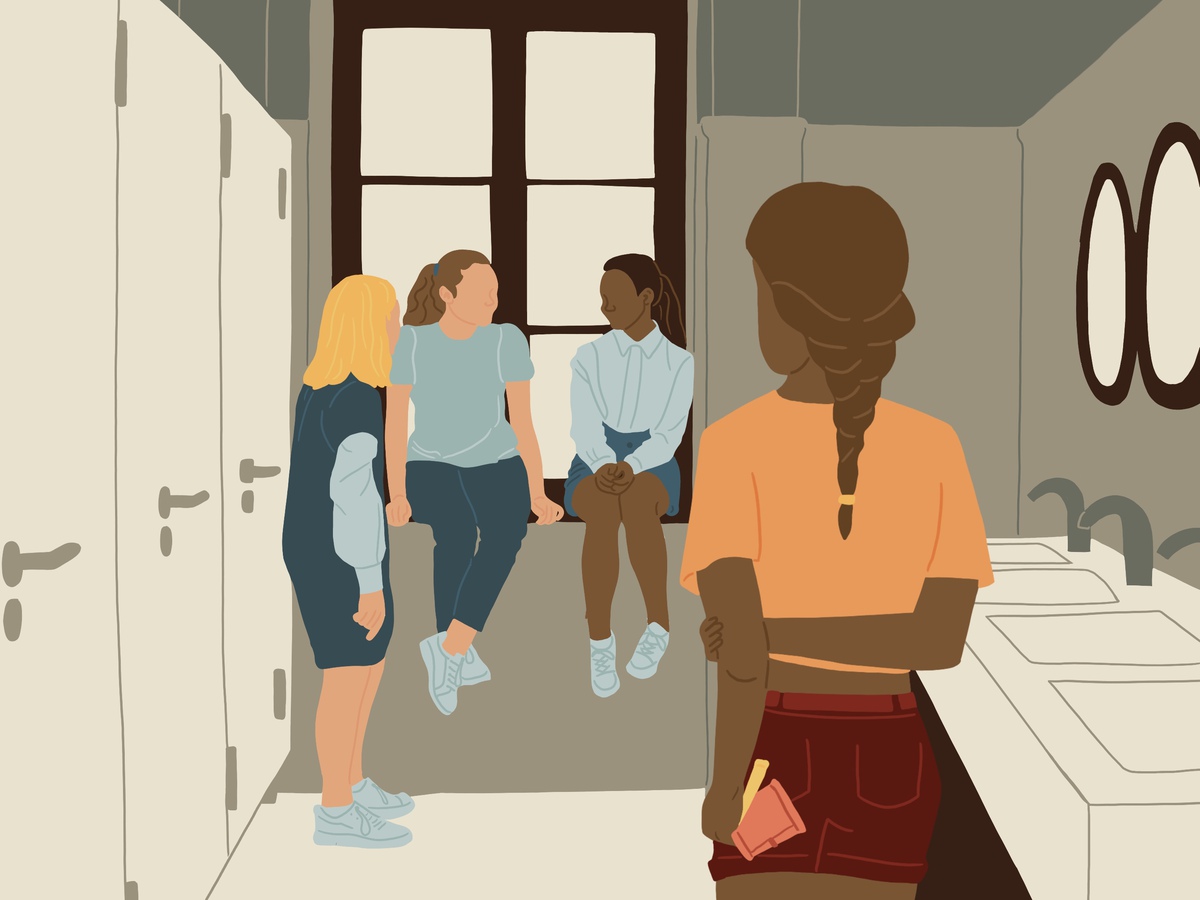
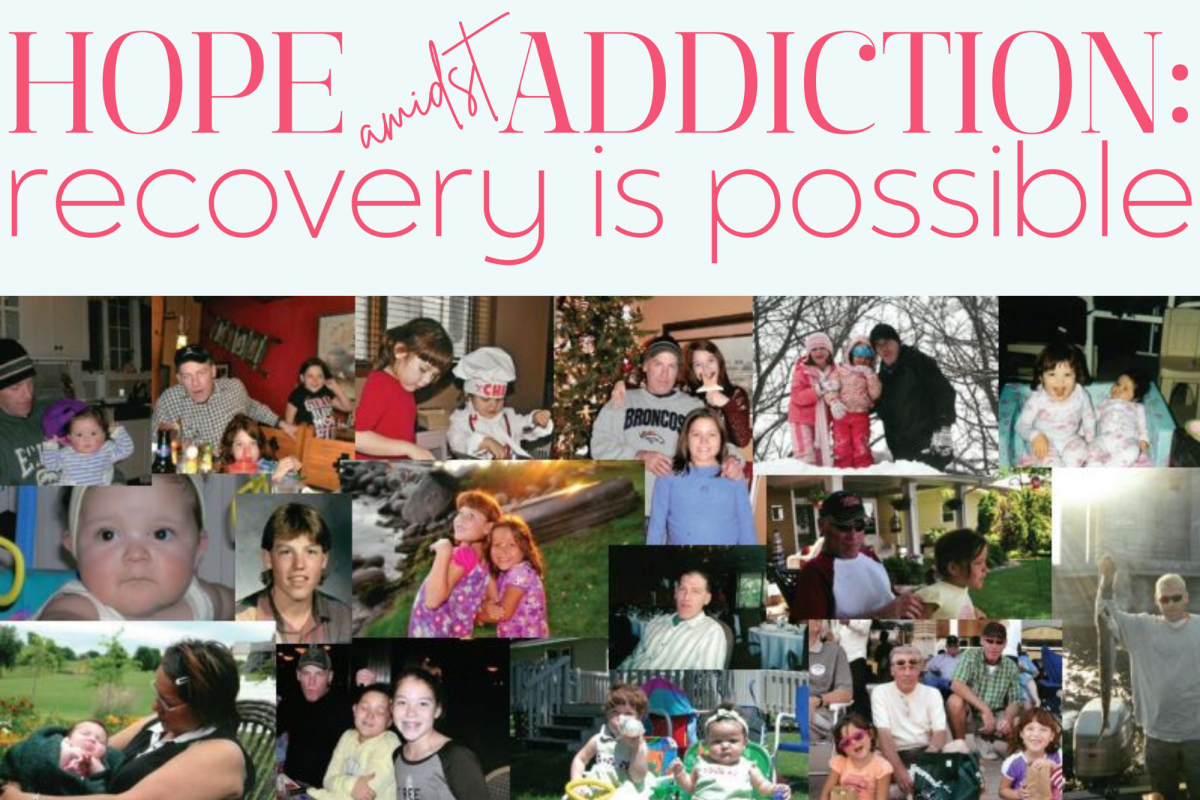

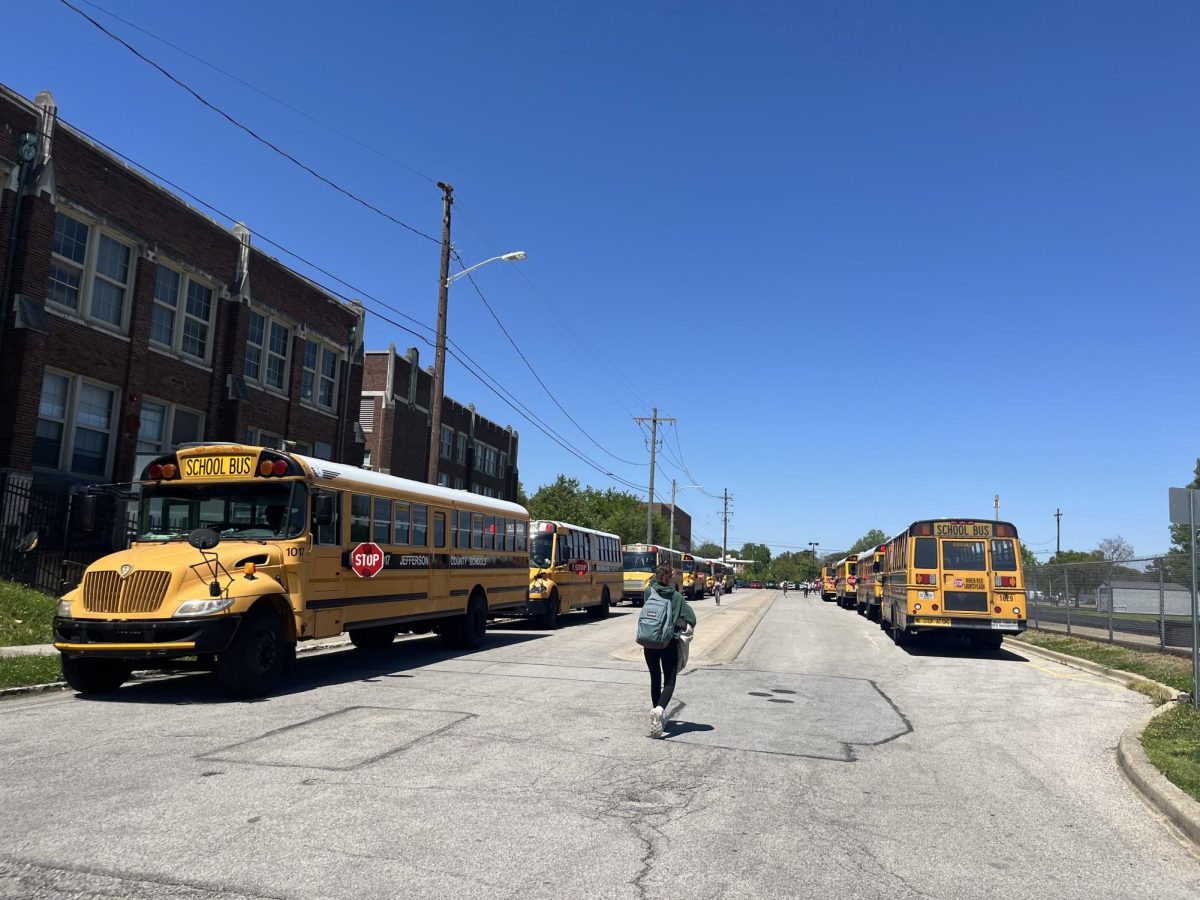
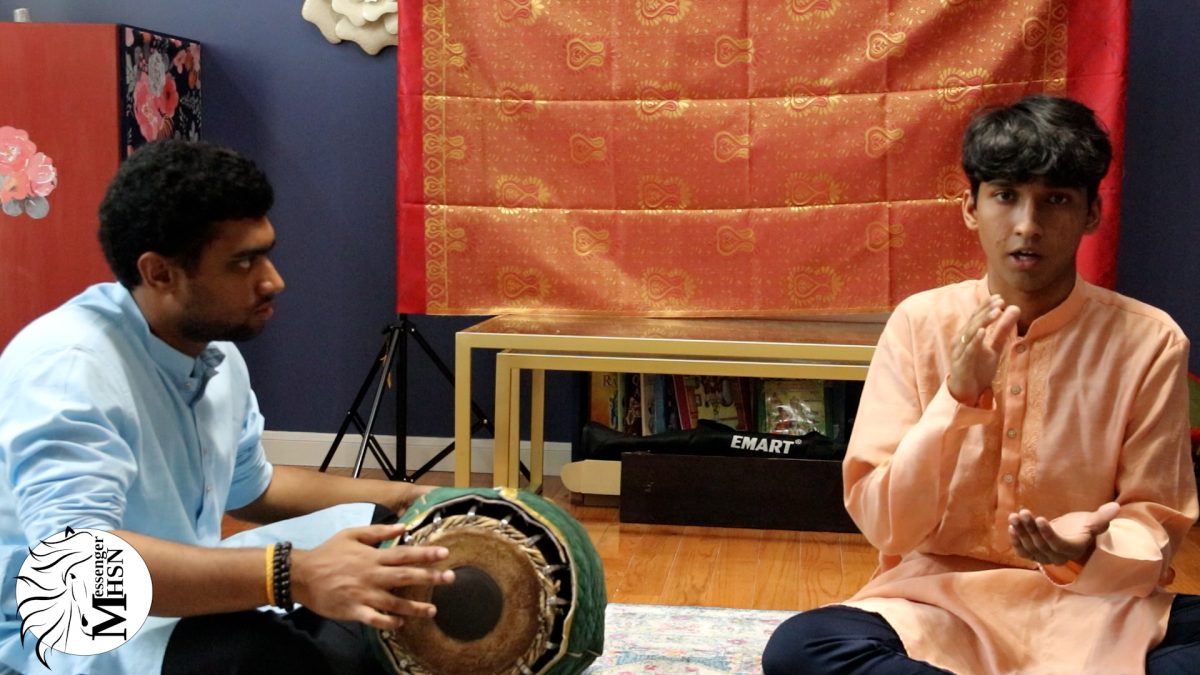

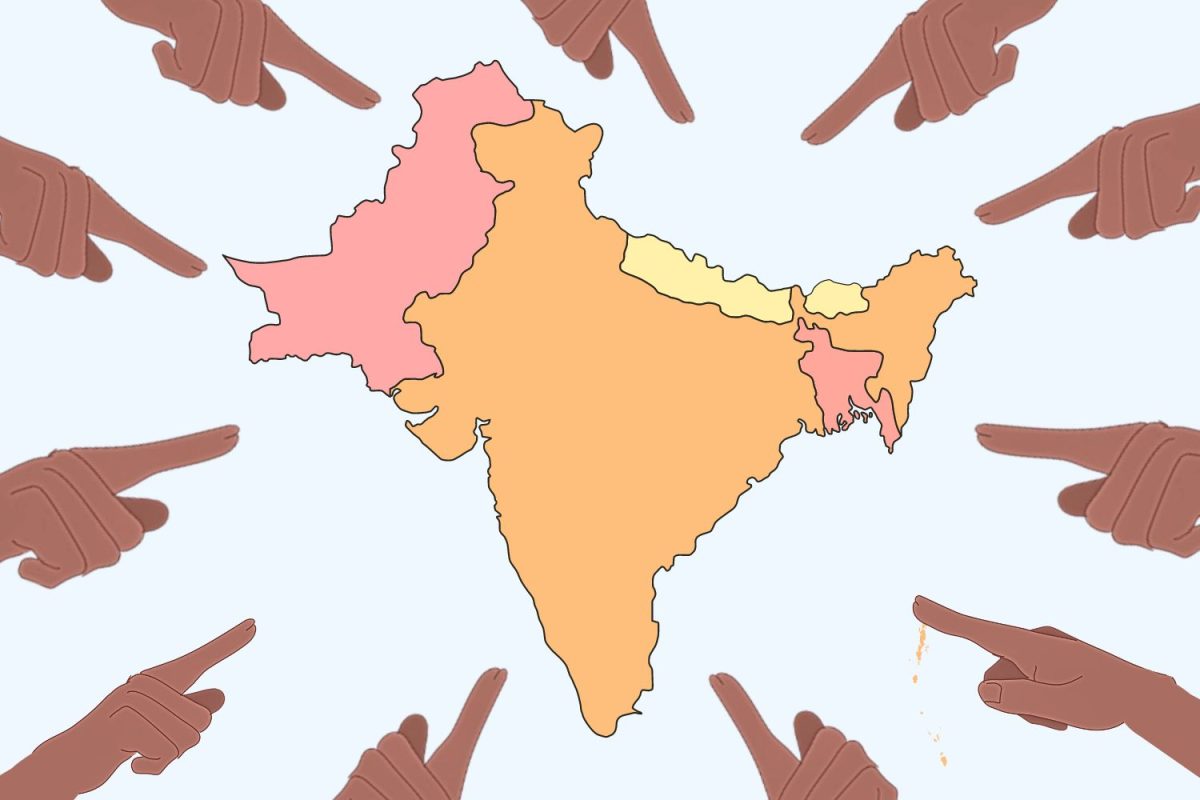
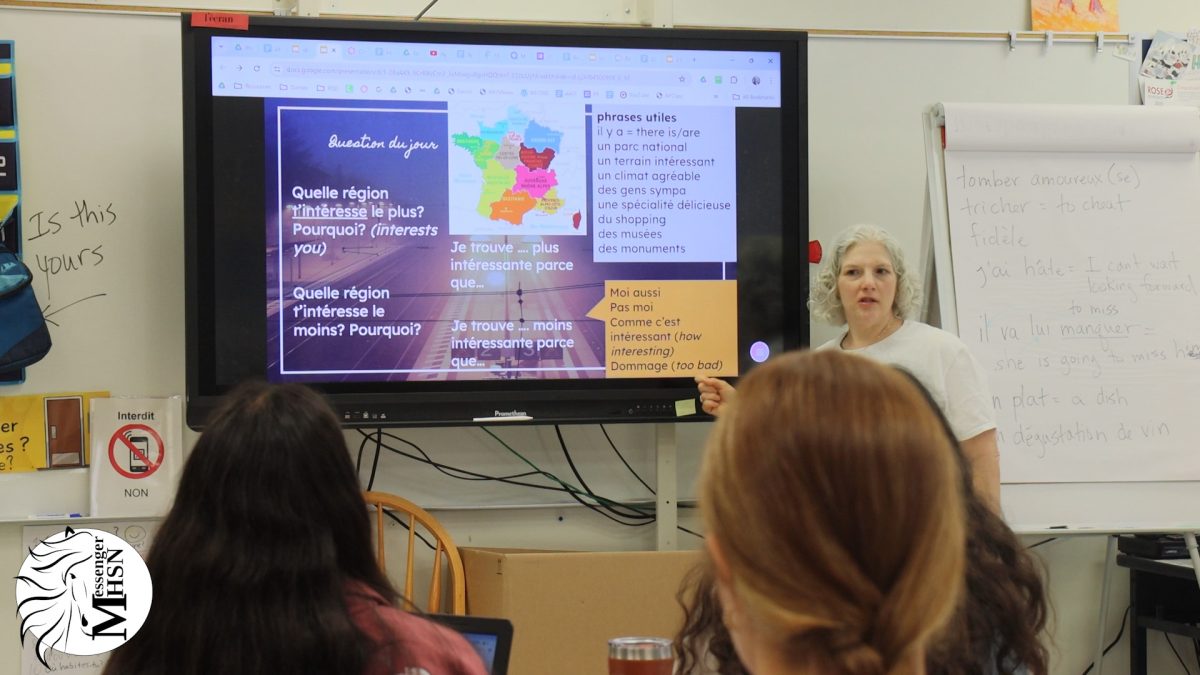

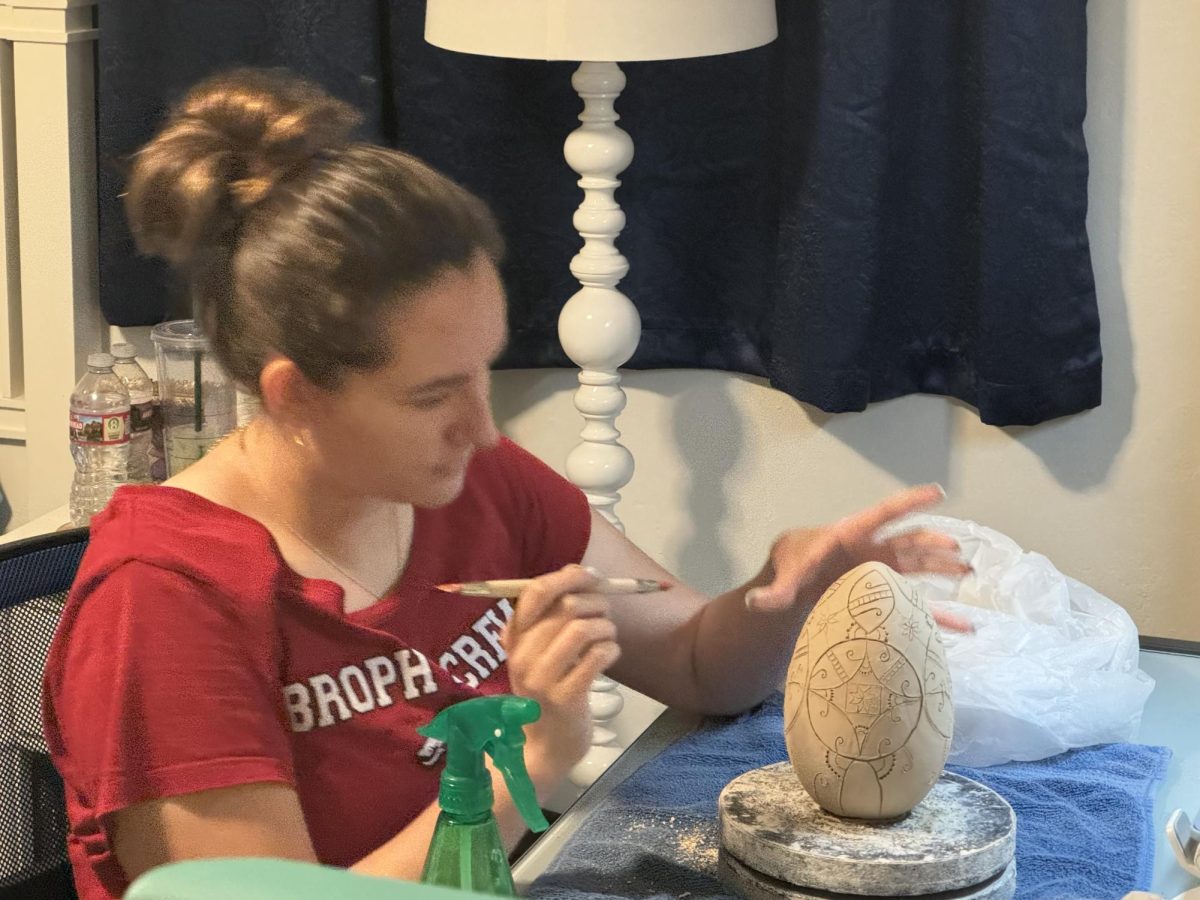

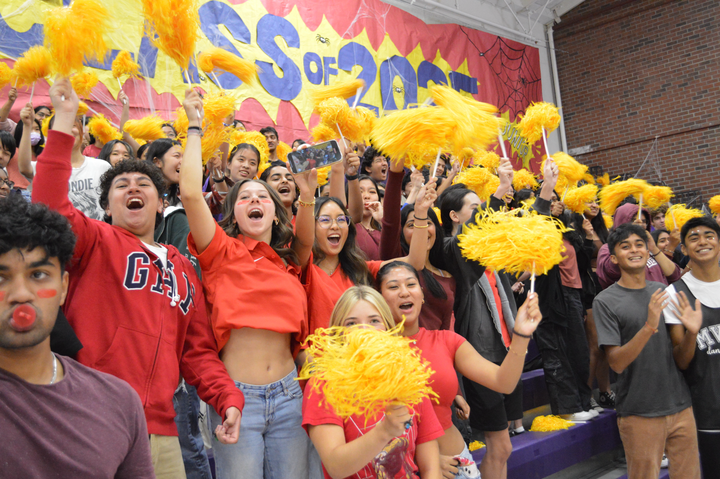


![IN THE SPOTLIGHT: Junior Zalie Mann performs “I Love to Cry at Weddings,” an ensemble piece from the fall musical Sweet Charity, to prospective students during the Fine Arts Showcase on Wednesday, Nov. 8. The showcase is a compilation of performances and demonstrations from each fine arts strand offered at McCallum. This show is put on so that prospective students can see if they are interested in joining an academy or major.
Sweet Charity originally ran the weekends of Sept. 28 and Oct. 8, but made a comeback for the Fine Arts Showcase.
“[Being at the front in the spotlight] is my favorite part of the whole dance, so I was super happy to be on stage performing and smiling at the audience,” Mann said.
Mann performed in both the musical theatre performance and dance excerpt “Ethereal,” a contemporary piece choreographed by the new dance director Terrance Carson, in the showcase. With also being a dance ambassador, Mann got to talk about what MAC dance is, her experience and answer any questions the aspiring arts majors and their parents may have.
Caption by Maya Tackett.](https://bestofsno.com/wp-content/uploads/2024/02/53321803427_47cd17fe70_o-1-1200x800.jpg)
![SPREADING THE JOY: Sophomore Chim Becker poses with sophomores Cozbi Sims and Lou Davidson while manning a table at the Hispanic Heritage treat day during lunch of Sept 28. Becker is a part of the students of color alliance, who put together the activity to raise money for their club.
“It [the stand] was really fun because McCallum has a lot of latino kids,” Becker said. “And I think it was nice that I could share the stuff that I usually just have at home with people who have never tried it before.”
Becker recognizes the importance of celebrating Hispanic heritage at Mac.
“I think its important to celebrate,” Becker said. “Because our culture is awesome and super cool, and everybody should be able to learn about other cultures of the world.”
Caption by JoJo Barnard.](https://bestofsno.com/wp-content/uploads/2024/01/53221601352_4127a81c41_o-1200x675.jpg)
